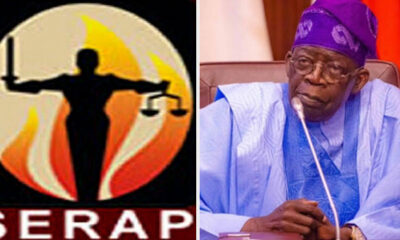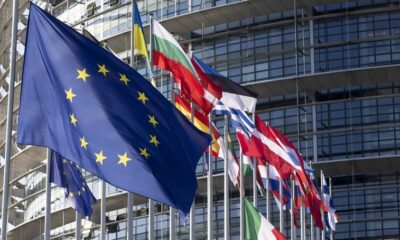In a bid to modernize its pharmaceutical sector, Kenya has signed a contract with Indonesia to manufacture and distribute drugs and vaccines.
During bilateral discussions between President William Ruto and President Joko Widodo of Indonesia, agreements were reached that will allow Kenya’s Biovax and Indonesia’s BioFarma to work together to produce pharmaceuticals and other vaccinations for easy access between the two nations.
The two businesses will examine the marketing of the vaccine portfolio that BioFarma will produce in Kenya under the terms of a health memorandum of agreement.
The government has committed up to Ksh2 billion ($13.85 million) to the Biovax project, whose main goal is to produce Covid-19 vaccines and other shots.
The latest development comes as the Kenyan government pushes for local manufacturing of health products to cut excessive importation and create jobs.
“It is time for us to work collaboratively, and bring on board the private sector to ensure that we develop a capacity to produce vaccines and other pharmaceutical products for our countries. We should never find ourselves in the place where we did when the Covid-19 pandemic hit, where we didn’t have facilities to produce our own vaccines,” said President Ruto.
The Kenya Pharmacy and Poisons Board and the Indonesia Food and Drug Authority also signed an MoU to boost regulatory cooperation in pharmaceutical products.
“Kenya is open for business. An important step in this direction must continue to be the easing and gradual removal of visa restrictions between our two nations. For our part, Kenya has decided to extend visa-free entry not only to diplomatic passport holders,” said President Ruto.
With a favourable trade balance with Kenya, Indonesia expects to send $580 million (Ksh83.75 billion) worth of commodities to Nairobi by the year 2021, with palm oil serving as the primary export.
Since the beginning of their relationship in July 1979, Kenya and Indonesia have enjoyed formidable relations with annual bilateral trade that amounts to US$250 million. Indonesian President, Jokowi, after meeting President Ruto, highlighted that relations between the two had been getting closer in the last nine years, especially in Indonesia’s foreign policy, which pays special attention to the African region.


 Metro2 days ago
Metro2 days ago
 Metro21 hours ago
Metro21 hours ago
 Metro2 days ago
Metro2 days ago
 Metro17 hours ago
Metro17 hours ago































